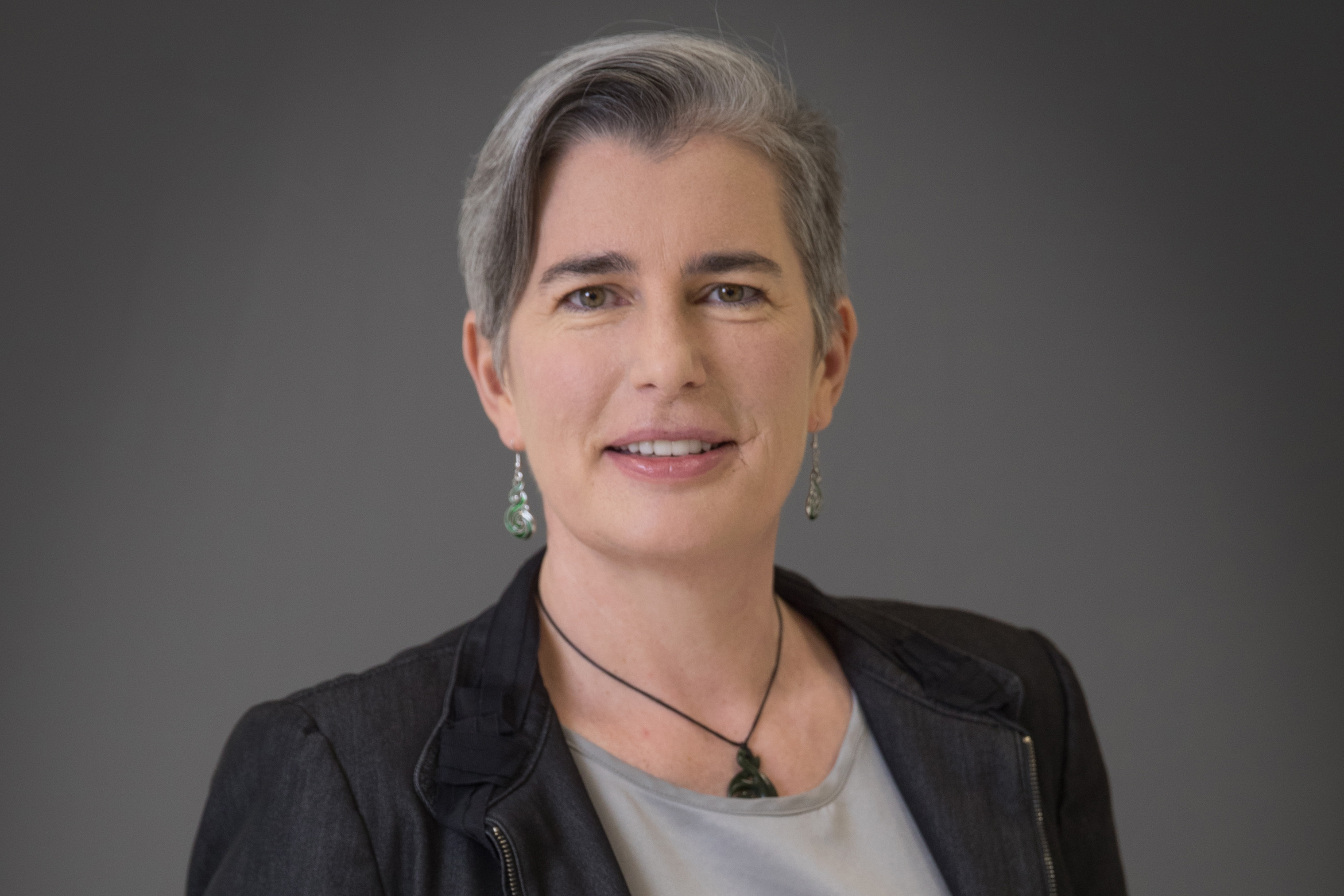 Dr. Catherine Mohr, President at Intuitive Foundation
Dr. Catherine Mohr, President at Intuitive Foundation
Season 4 of our Theory and Practice podcast investigates the powerful new world of AI applications and what it means to be human in the age of human-like artificial intelligence. In Episode 4, we explore surgical robotics, how far we can push the limits of robotic-assisted surgery, and whether haptics has a place. Our guest is Dr. Catherine Mohr, President of the Intuitive Foundation. Equipped with a background that spans mechanical engineering, aerospace, and medicine, Dr. Mohr is known for playing an integral role in developing the DaVinci surgical robot system.
To set the stage for the conversation, Alex describes why it is easy for AI tools to carry out complex mathematical calculations even though robots are challenged by folding a towel. We discuss Moravec’s paradox: computers are good at things we find complicated, including complex calculations and handling large amounts of data, but not as good at perception and mobility tasks.
This context explains why Dr. Mohr does not think that haptics, providing tactile feedback, is a breakthrough — humans have a very sophisticated tactile sense. She posits that we do not need to recapitulate evolution by having robots mimic human physicality. Instead, she asks, “What is the best technology I can use to solve that problem?” She believes a more promising future for surgical robotics is to augment the surgeon’s hands: finding the cellular edges of a cancerous tumor by lighting up a nest of cells at its margins, or helping the surgeon grasp a bleeding artery when the field is obscured by blood.
Dr. Mohr believes we’ll be able to move away from extensive surgery into what she calls “maintenance” surgery. Surgical robots could, for example, routinely do “precision excision” on tumors in their earliest form before we can detect them; and “precision installment,” adding regenerative cells before organs and joints are irrevocably damaged. But she reminds us that such robotic capabilities remain tools for the surgeon to use. As she puts it, “Melding the human and the surgeon is something that we should be thinking about as an even better hybrid than thinking about an AI doing the surgery entirely on its own.”
Thanks for tuning in, and check out the episodes on Apple Podcasts, Google Podcasts, and Spotify.